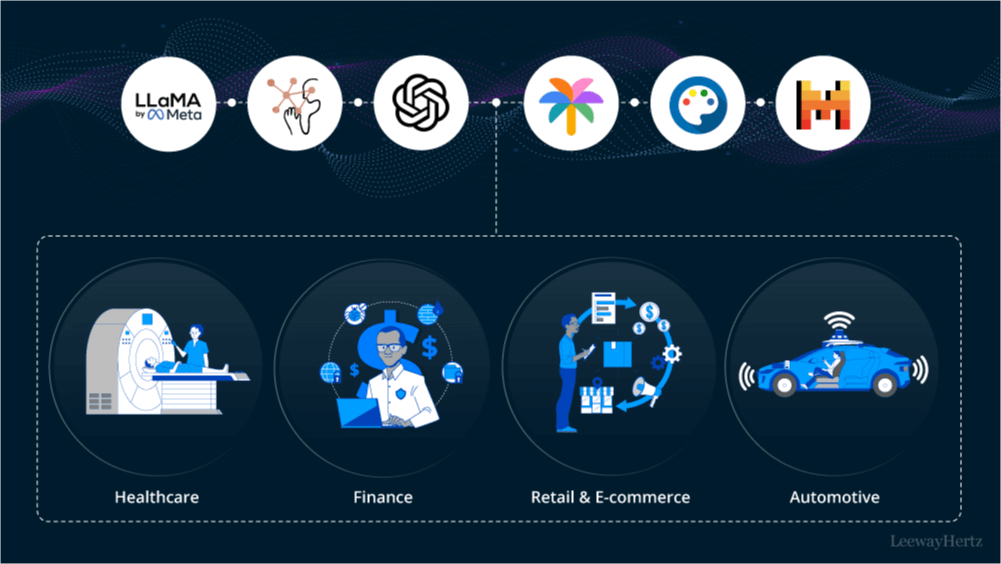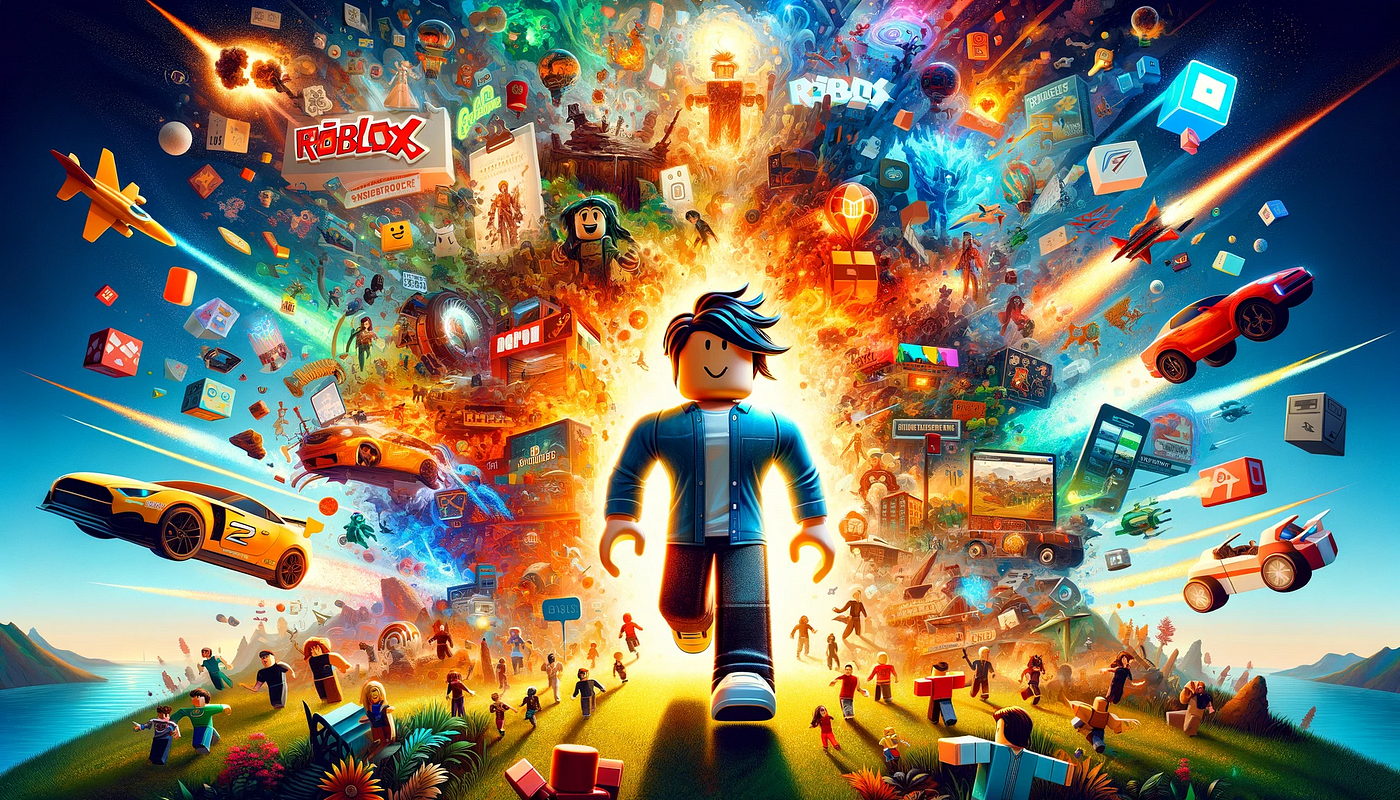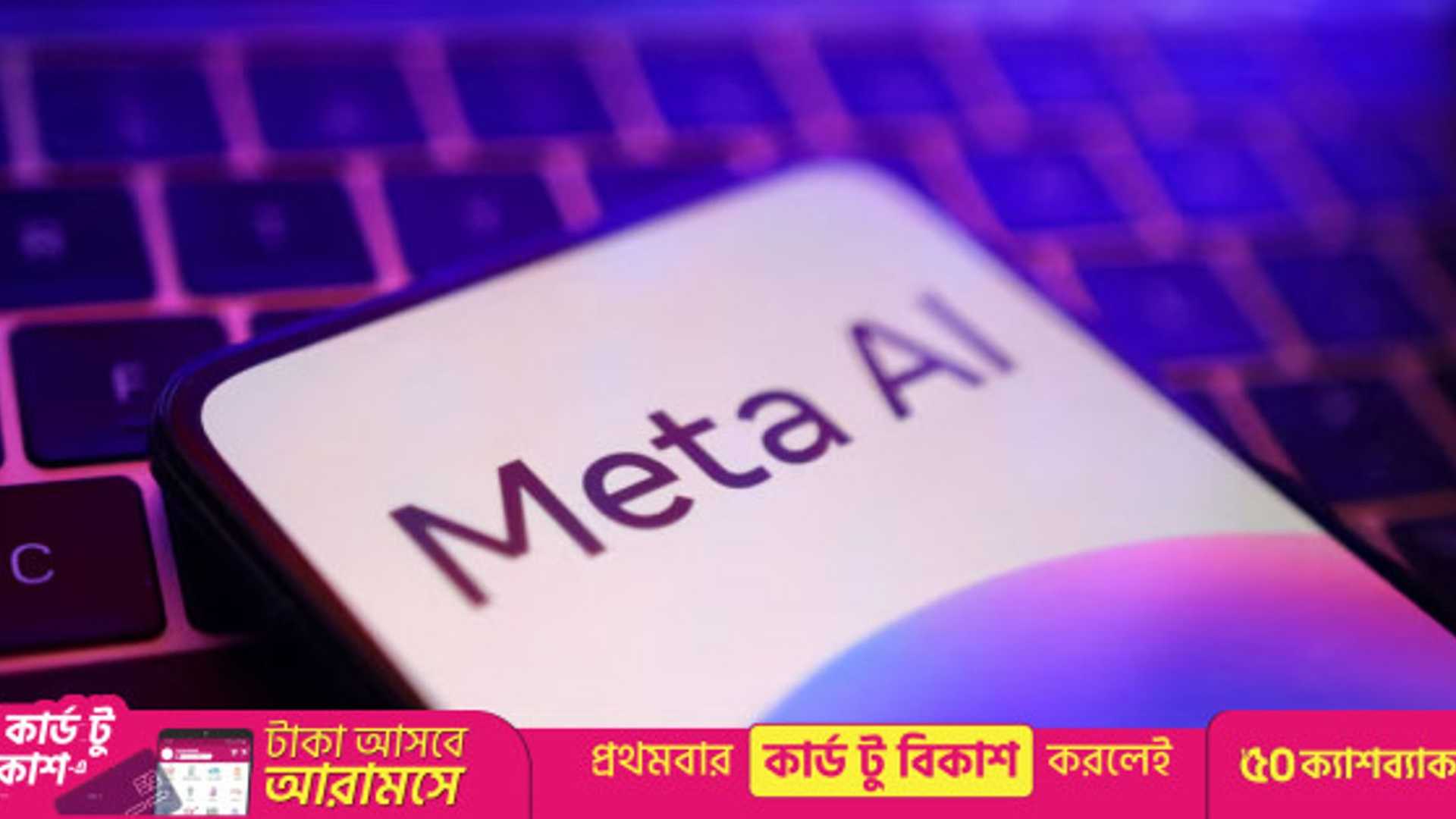Meta unveils AI video generator, taking on OpenAI and Google | The Future of AI Technology
Meta Platforms Inc. has introduced a groundbreaking artificial intelligence tool that can generate or edit videos based on a simple text prompt, intensifying the competition with tech giants like OpenAI and Google in the race to develop the most advanced AI technology.
Meta's latest innovation, Movie Gen, has the capability to produce a new video up to 16 seconds in duration using a text prompt.  It can also utilize these prompts to create audio for or make edits to an existing video. Furthermore, it can even leverage a photo to craft a personalized video featuring a real individual. Currently, Movie Gen is exclusively accessible to select internal staff members and a few external partners, including filmmakers. However, Meta, the parent company of popular platforms like Instagram, WhatsApp, and Messenger, intends to integrate this product into its existing apps in the coming year.
It can also utilize these prompts to create audio for or make edits to an existing video. Furthermore, it can even leverage a photo to craft a personalized video featuring a real individual. Currently, Movie Gen is exclusively accessible to select internal staff members and a few external partners, including filmmakers. However, Meta, the parent company of popular platforms like Instagram, WhatsApp, and Messenger, intends to integrate this product into its existing apps in the coming year.
Plans for Integration
The integration of Movie Gen into Meta's apps is still under discussion among executives. The aim is to inspire more users to engage in creating and editing video content.  Connor Hayes, a Meta vice president focusing on generative AI products, emphasized that Movie Gen will not only be fun and user-friendly but also beneficial for content creators and overall engagement within the apps. However, the specific product plan for its implementation is yet to be finalized.
Connor Hayes, a Meta vice president focusing on generative AI products, emphasized that Movie Gen will not only be fun and user-friendly but also beneficial for content creators and overall engagement within the apps. However, the specific product plan for its implementation is yet to be finalized.
Advancements in Generative AI
Movie Gen is part of Meta's broader exploration into generative AI technology, which leverages vast amounts of existing data to train tools capable of autonomously producing new text, audio, or videos. The company has made significant investments in artificial intelligence in recent years and has already integrated a chatbot called Meta AI into most of its platforms. This chatbot can provide answers to user queries and engage users in conversations.
Meta is among the tech giants investing in AI models focused on video generation. For instance, OpenAI, backed by Microsoft Corp., introduced its own video generation tool named Sora earlier this year.  On the other hand, DeepMind, a subsidiary of Google's parent company Alphabet Inc., unveiled a video generation tool called Veo. However, Meta's Movie Gen is yet to be rolled out widely due to concerns about its efficiency. Currently, it takes considerable time to generate a video based on a text prompt, which may not be conducive for general consumer usage.
On the other hand, DeepMind, a subsidiary of Google's parent company Alphabet Inc., unveiled a video generation tool called Veo. However, Meta's Movie Gen is yet to be rolled out widely due to concerns about its efficiency. Currently, it takes considerable time to generate a video based on a text prompt, which may not be conducive for general consumer usage.
Challenges and Safety Measures
Meta is actively addressing critical issues related to safety and responsibility before the wide release of Movie Gen. One major concern is how to prevent users from creating inappropriate or unauthorized videos featuring other individuals without their consent. The company aims to address these challenges to safeguard against the creation of misleading deepfake content.
Mark Zuckerberg, Meta's CEO, has emphasized the strategic importance of AI for the company's growth. AI technology has already played a significant role in enhancing content algorithms and user experience. Zuckerberg envisions AI playing an even larger role in powering Meta's apps and future wearable technologies like smart glasses.
Meta's chatbot, Meta AI, boasts nearly 500 million monthly users and is also integrated as a voice assistant in Meta's Ray-Ban smart glasses. The company is currently developing advanced augmented reality glasses named Orion, which will incorporate various features powered by AI technology.




















